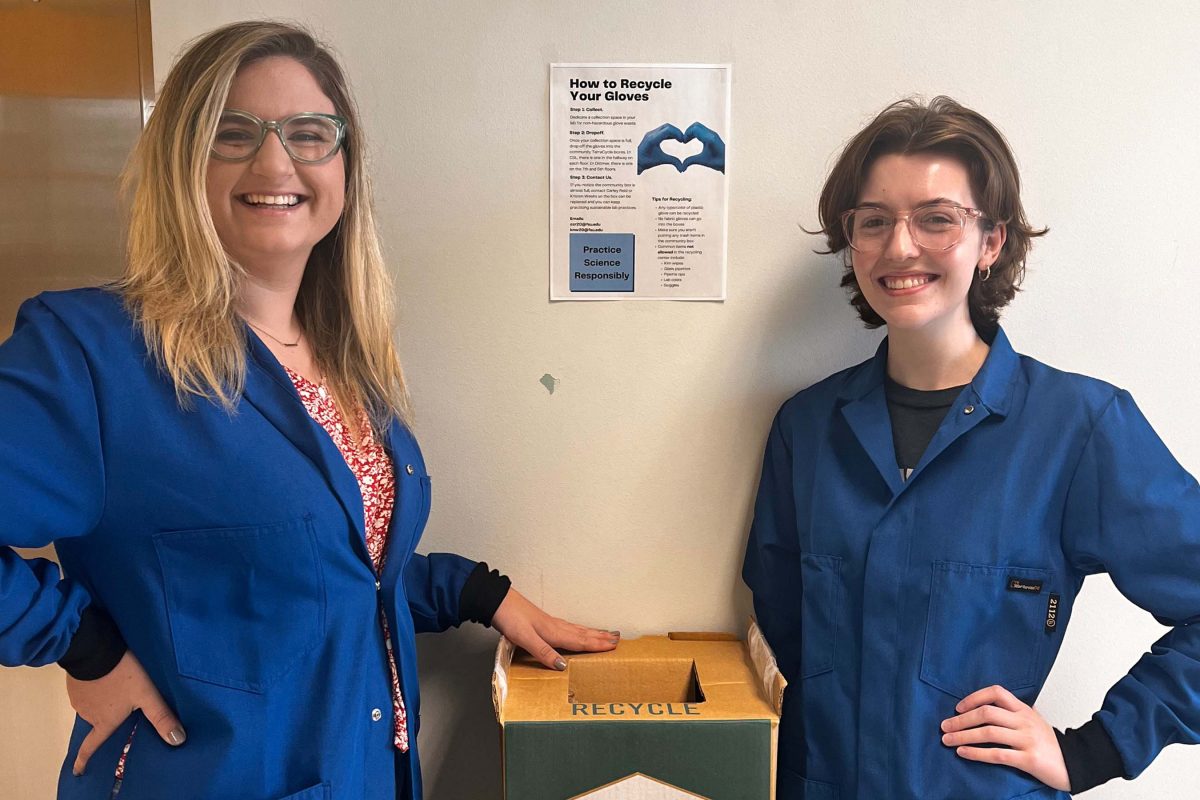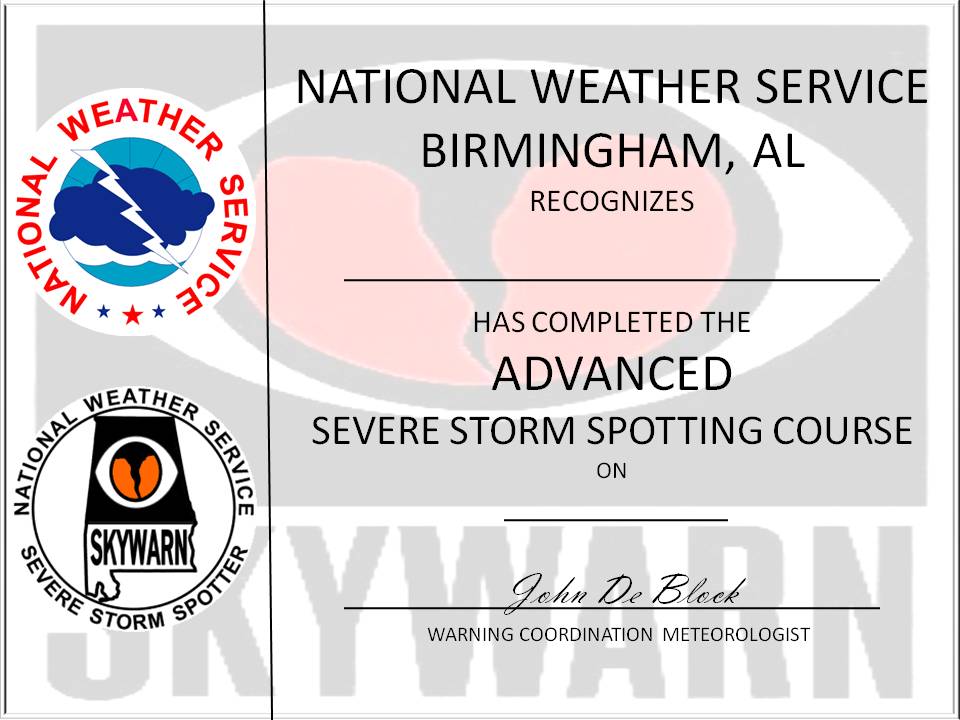Improving RCN-Vet Nursing Relations Through A Plastic Glove Project Initiative

Table of Contents
The Current State of RCN-Vet Nursing Relations
Historically, RCN registered nurses and veterinary nurses have operated within distinct professional silos. Differing training pathways, professional cultures, and a lack of formalized interprofessional education have created communication challenges and limited opportunities for shared learning. This lack of understanding can manifest in several ways, impacting the effectiveness of teamwork and patient care.
- Differing professional cultures and training approaches: The educational backgrounds and professional socialization of RCN nurses and veterinary nurses often differ significantly, leading to contrasting perspectives and communication styles.
- Limited opportunities for joint professional development: Few structured programs focus on interprofessional learning between RCN nurses and veterinary nurses, hindering the development of shared understanding and collaborative skills.
- Lack of shared understanding of roles and responsibilities: Ambiguity around roles and responsibilities can lead to misunderstandings and conflicts, particularly in situations requiring joint decision-making.
- Competition for resources or recognition: In some settings, competition for resources or recognition can unintentionally create tension and undermine collaborative efforts.
The Plastic Glove Project: A Catalyst for Change
To address these challenges, we implemented a plastic glove recycling project as a collaborative initiative between RCN nurses and veterinary nurses. This seemingly small project provided a powerful platform for building relationships and fostering a sense of shared purpose.
- Joint planning and execution of the recycling program: RCN nurses and veterinary nurses worked together at every stage, from researching suitable recycling options to setting up collection points and promoting participation.
- Shared responsibility for data collection and analysis: Collaboratively tracking recycling rates, costs, and environmental impact fostered shared ownership and a sense of accomplishment.
- Opportunities for cross-disciplinary skill-sharing (e.g., waste management strategies): The project allowed for the exchange of knowledge and expertise, bridging the gap between different professional domains.
- Fundraising or grant applications as a team: Securing funding for the project through joint grant applications further strengthened the collaborative bond.
Project Implementation and Methodology
The successful implementation of the plastic glove recycling project relied on meticulous planning and effective communication.
- Establishing clear roles and responsibilities for each team member: A detailed project plan outlined individual tasks and responsibilities, ensuring accountability and transparency.
- Developing a communication strategy to keep all stakeholders informed: Regular meetings, email updates, and a shared online platform ensured everyone was kept informed of progress.
- Monitoring progress and making adjustments as needed: Regular review meetings allowed the team to adapt to unforeseen challenges and optimize the project's efficiency.
- Measuring project success through quantifiable metrics (e.g., recycling rates, cost savings): Tracking key performance indicators (KPIs) provided objective data to demonstrate the project's impact.
Positive Impacts on RCN-Vet Nursing Relations
The plastic glove recycling project yielded significant positive impacts on RCN-Vet nursing relations.
- Improved communication and understanding between RCN and vet nurses: Collaborative work fostered open communication and mutual respect.
- Enhanced teamwork and collaboration on patient care: The successful completion of the project built trust and confidence, leading to improved teamwork in other areas.
- Increased mutual respect and appreciation for each other's expertise: Working together highlighted the complementary skills and knowledge of each profession.
- Shared learning and professional development opportunities: The project provided valuable learning experiences, broadening professional perspectives and improving interprofessional skills.
- Development of a more positive and supportive work environment: Improved collaboration fostered a more positive and productive work environment for both RCN and veterinary nursing staff.
Sustainability and Scalability of the Initiative
The success of the plastic glove recycling project demonstrates the potential for expanding similar initiatives to other healthcare settings.
- Replication of the project in other hospitals or veterinary practices: The project model can be easily adapted and replicated in various contexts.
- Adapting the project to suit different contexts and settings: The core principles of collaboration and shared responsibility can be applied to other environmental or operational challenges.
- Long-term cost savings and environmental benefits: Reducing waste and promoting sustainability offer long-term financial and environmental advantages.
- Potential for integrating the project into professional development curricula: The project can serve as a case study for interprofessional education programs.
Conclusion
The plastic glove recycling project served as a powerful catalyst for improving RCN-Vet nursing collaboration. This initiative highlights the potential for seemingly small projects to have a significant positive impact on interprofessional relationships. Improved RCN-Vet nursing collaboration leads to better patient care, enhanced teamwork, and increased job satisfaction. We encourage readers to consider similar initiatives within their own workplaces. Explore the potential for implementing a plastic glove recycling project or other collaborative initiatives to foster better RCN-Vet nursing collaboration and improve patient outcomes. Let's work together to build stronger, more effective interprofessional teams.

Featured Posts
-
 Become A Skywarn Spotter Spring Training With Tom Atkins
May 31, 2025
Become A Skywarn Spotter Spring Training With Tom Atkins
May 31, 2025 -
 Building The Good Life A Balanced Approach To Wellbeing
May 31, 2025
Building The Good Life A Balanced Approach To Wellbeing
May 31, 2025 -
 Persistent Rain In Seattle Weekend Outlook
May 31, 2025
Persistent Rain In Seattle Weekend Outlook
May 31, 2025 -
 Analysis The Covid 19 Situation In Hong Kong Singapore And The Risk To India
May 31, 2025
Analysis The Covid 19 Situation In Hong Kong Singapore And The Risk To India
May 31, 2025 -
 Bernard Kerik Nypd Commissioner During 9 11 Passes Away At 69
May 31, 2025
Bernard Kerik Nypd Commissioner During 9 11 Passes Away At 69
May 31, 2025
